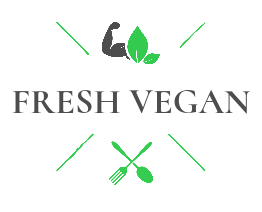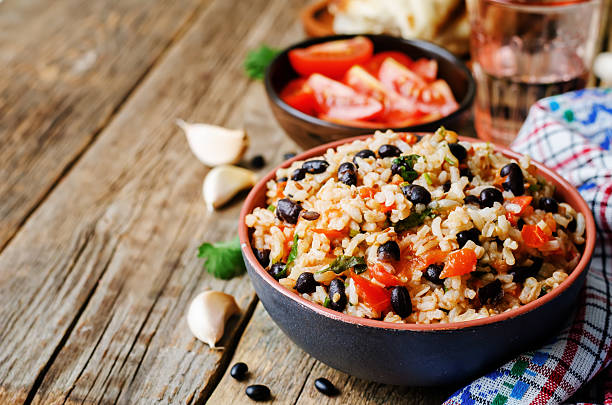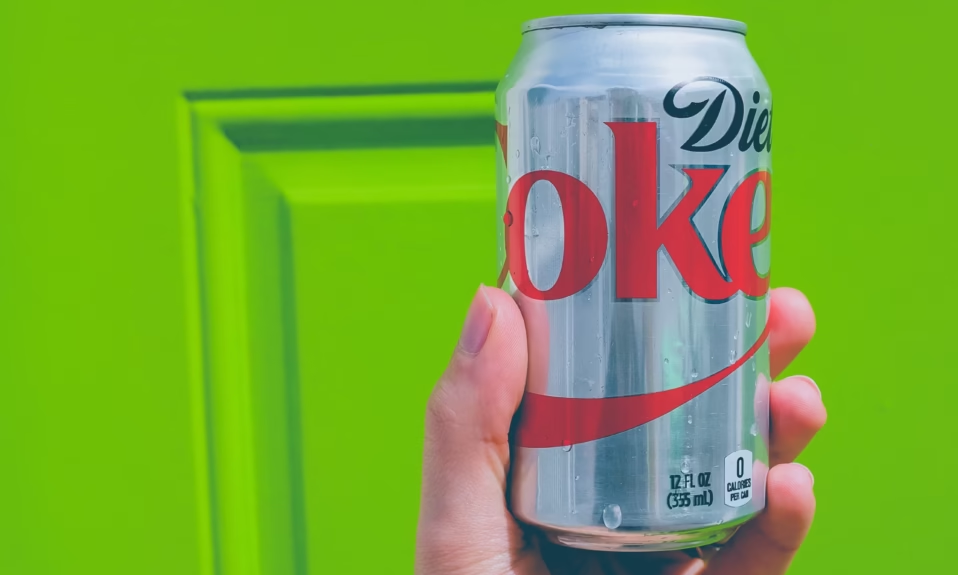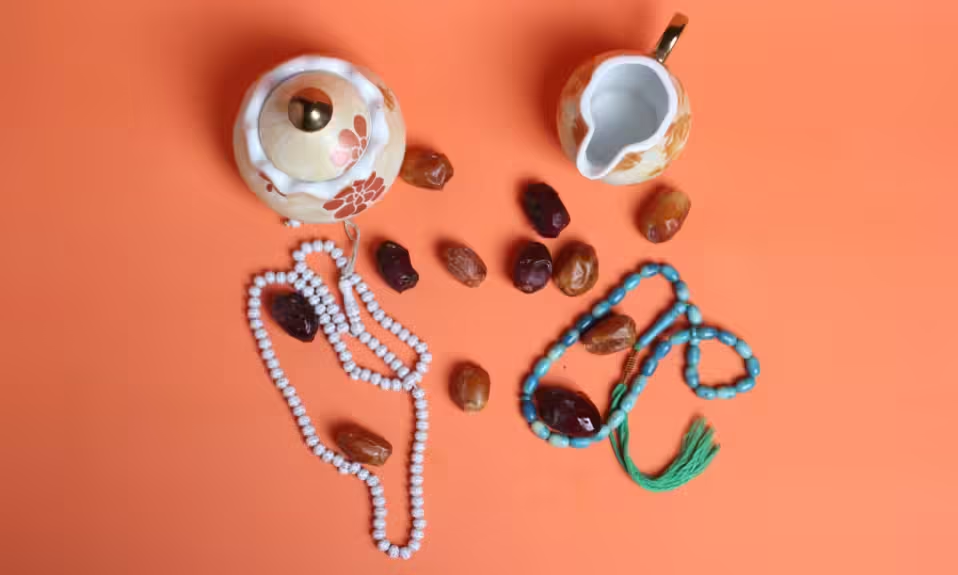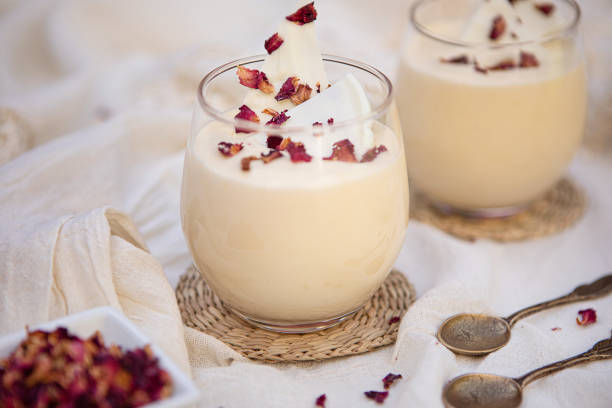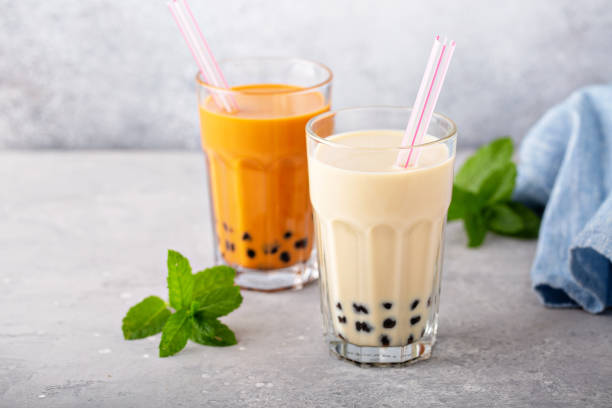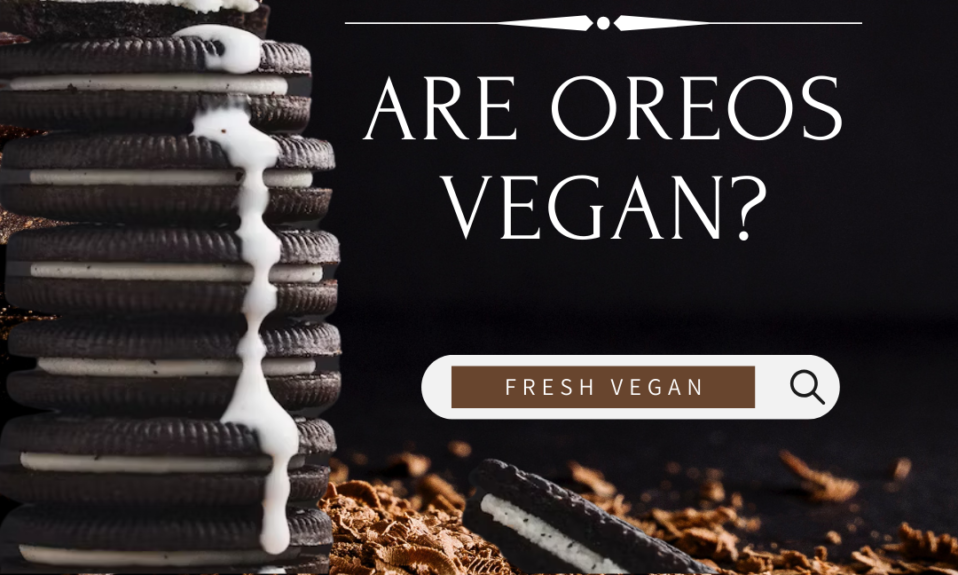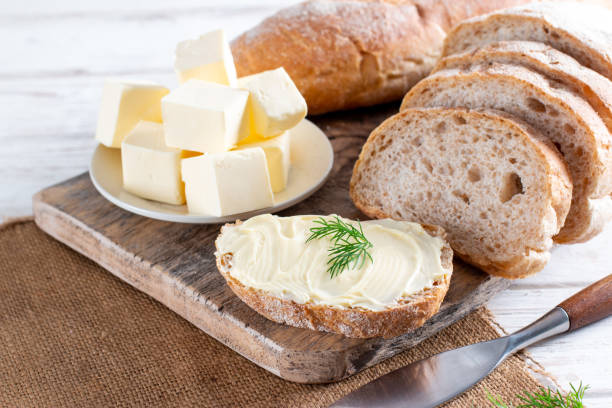In today’s world, health has become a top priority, leading many people to adopt a vegetarian lifestyle for its potential benefits. As we know, meat is rich in nutrients, especially iron. So, when someone switches from a non-vegetarian to a vegetarian diet, a common question can pop up in their mind: “Will this increase the risk of anemia since meat is a primary source of iron, or can a vegan diet make you anemic?” Let’s explore this concern and break this question down in this blog.
What is vegan anemia?
Anemia occurs when your body lacks enough healthy red blood cells or haemoglobin, the protein responsible for carrying oxygen throughout your body. Common symptoms of vegan iron deficiency anemia include the following:
- Easy fatigability
- Weakness
- Dizziness or lightheadedness
- Pale skin
- Shortness of breath
- Cold hands and feet
What’s the link between diet and anemia?
Anemia occurs when your body lacks healthy red blood cells to carry oxygen to different parts of your body. The most common type of anemia is iron deficiency anemia. Cutting meat from your diet does not mean you have the risk of anaemia. Because multiple vegetables contain iron and folic acid, it is a fact of mind that what you choose to eat.
Am I only concerned about iron?
No, you should not only be concerned about the iron, but there are other nutrients like vitamin B12 and folic acid that also play a role in causing anemia if deficient.
Vitamin B12, especially, is harder to find in plant-based foods. Therefore, vegetarians might need fortified foods or supplements to meet their vitamin B12 needs.
The most common types of anemia associated with diet are iron-deficiency anemia and vitamin B12 deficiency anemia, both of which are influenced by what you eat.
Can Being a Vegetarian Cause Anemia?
Not being vegetarian does not cause anaemia directly, but there’s a higher risk if your diet is lacking in specific nutrients. Such as:
1-iron:
Iron is an essential mineral for building haemoglobin, which is necessary for the oxygen distribution to your body.
What is the difference between plant-based iron and meat-based iron?
Plant-based iron, known as non-heme iron, is not as easily absorbed by the body as the heme iron found in meat. Heme iron, which comes from animal sources, is more readily absorbed and utilized by the body, making it a more efficient source of iron.
Vegetarians consume only non-heme iron, which requires careful dietary planning to meet the body’s needs. Low iron levels can lead to iron-deficiency anemia if you’re not consuming enough iron-rich foods or optimizing iron absorption.
Where do vegetarians get their iron?
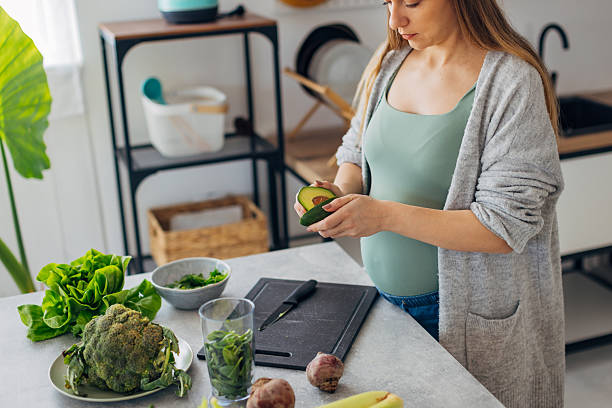
There’s no need to worry about getting iron if you’re a vegetarian. Here are some vegan foods with iron:
- Leafy greens like spinach, kale, and Swiss chard
- Legumes such as lentils, chickpeas, and black beans
- Nuts and seeds, including pumpkin seeds and almonds
- Fortified cereals and grains
- Tofu and tempeh
Bonus tip: (How to boost non-heme iron absorption?)
When you pair these iron-rich foods with vitamin C-rich foods like strawberries, oranges, or bell peppers, it helps your body absorb iron more easily. Avoid drinking tea or coffee with meals as they can inhibit iron absorption.
2. Vitamin B12 Deficiency
Vitamin B12 is essential for RBCS production and nerve function. It is found in animal-based foods, and it can be hard for vegetarians to balance its amount in their bodies. Without enough B12, your body may struggle to produce healthy red blood cells, which can lead to anaemia. However, there are some vegetarian-friendly sources of vitamin B12. These are:
- Dairy products and eggs
- Fortified plant-based milks
- Fortified nutritional yeast
- Vitamin B12 supplements (especially for vegans)
3. Folic acid Deficiency (Vitamin B9)
Folic acid is also essential in the formation of red blood cells. Folic acid is abundantly present in vegetables. Most vegetarians consume sufficient folate from vegetables, fruits, and legumes. However, deficiencies can still occur. Folate-rich diet includes:
- Broccoli, spinach, and asparagus
- Citrus fruits and avocados
- Lentils and black-eyed peas
Who Is Most at Risk of Anaemia on a Vegetarian Diet?
Certain people are at higher risk of getting anaemia due to their higher needs. These include:
- Pregnant women because of their Increased demand for iron and B12.
- Children and adolescents, because growth requires a higher nutrient intake
- Digestive disorders, such as celiac disease, can impair nutrient absorption.
How can I prevent anemia as a Vegetarian?
Mindful planning and a good diet plan are necessary for you to prevent anemia and its associated symptoms. This includes:
- Incorporate Iron-rich Foods in your diet plan
- Incorporate proteins in your diet
- Optimise iron Absorption by adding vitamin C-rich food to your diet plan
- Avoid drinking coffee, tea and other supplements such as calcium that prevent iron absorption
- Monitor your vitamin B12 Intake
- Eat a Diverse Diet containing different supplements
- Get Regular Blood Tests (CBC) to evaluate your blood profile
- Consult a Dietitian to make a good diet plan according to your lifestyle
Myths and Facts About Vegetarian Diets and Anemia:
1-Myth:
A common myth is that being a vegetarian automatically causes anemia.
Fact:
However, a well-planned vegetarian diet can provide all the essential nutrients needed to prevent anaemia.
2-Myth:
This myth also circulates in people’s minds that plant-based iron is less effective than animal-based iron.
Fact
Non-heme iron is less absorbable than heme iron. But mixing it with vitamin C can increase its absorption of heme iron.
When to consult with a healthcare professional:
If your symptoms of anaemia persist despite dietary adjustments, consult with your doctor and book an appointment to address the problem. Blood tests, such as a CBC with a peripheral blood film, can determine whether you have iron deficiency anaemia, folate deficiency, or vitamin B12 deficiency anaemia.
Takeaway:
The question, “Can being a vegetarian cause anaemia?” has a simple answer: No. While vegetarians are at a slightly higher risk of anemia due to limited access to heme iron and B12. However, a good diet plan can prevent these deficiencies. By focusing on a diverse, nutrient-rich diet and monitoring key nutrients, you can enjoy the benefits of a vegetarian diet without compromising your health.
Keywords: Can being vegetarian cause anemia, vegetarian anemia risk, iron deficiency in vegetarians, B12 for vegetarians, vegetarian diet anaemia prevention
FAQs:
Which fruit is rich in iron?
Fruits rich in iron include mulberries, dried apricots and oranges. These fruits can help you naturally increase your iron levels. Don’t forget to add vitamin C for optimal absorption.
Can vegetarians eat eggs?
Yes, they can! Many vegetarians include eggs in their diet because eggs are an excellent source of high-quality protein and essential nutrients that are vital for overall health. This dietary choice is often referred to as ovo-vegetarianism.
What foods should you not eat when you have anemia?
There are certain foods that can interfere with iron absorption. These foods include the following:
- Black chocolates
- Milk, cheese, and yoghurt
- Grapes
- Popcorn
- Pomegranates
